Networking tips
It is possible to discover relationships between autism genes simply by reanalyzing existing datasets, says Alan Packer.
Expert opinions on trends and controversies in autism research.
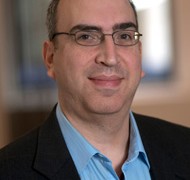
It is possible to discover relationships between autism genes simply by reanalyzing existing datasets, says Alan Packer.
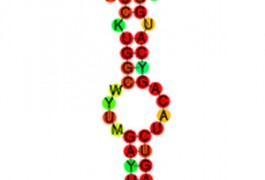
The discovery of microRNAs that regulate gene expression has changed our view of cellular biochemistry. It may also change our perception of neuropsychiatric disorders such as autism, says Peng Jin.
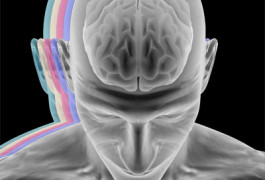
Intellectual disability, autism, epilepsy and schizophrenia should be considered part of a spectrum of developmental brain dysfunction, says David Ledbetter.
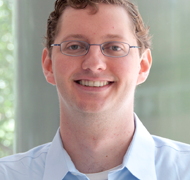
A large study identifying common genetic variations that contribute to five different psychiatric disorders, including autism, sheds light on the disorder’s genetic architecture, says Benjamin Neale.
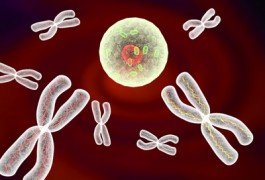
Research into the 22q11.2 chromosomal region, which is linked to both schizophrenia and autism, can provide important insights into how rare duplications and deletions may lead to neuropsychiatric disorders, says Maria Karayiorgou.
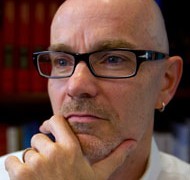
Tracking eye movements in people with autism may provide insight into the variety of symptoms of the disorder, says Rich Krauzlis.
A parent phone survey conducted by the Centers for Disease Control and Prevention to assess autism rates may have overestimated the prevalence of the disorder in the U.S., says Craig Newschaffer.
Researchers studying autism prevalence should take into account the continuous nature of autism symptoms in the general population, says John Constantino.
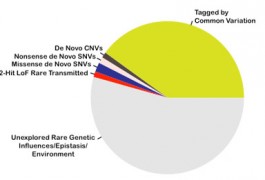
Jason Stein and Daniel Geschwind analyze how different types of genetic variation contribute to autism risk.
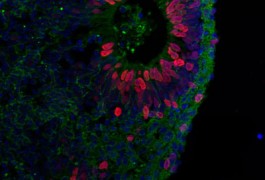
Induced pluripotent stem cells, which have the ability to become any cell type, including neurons, offer a powerful way to study neuropsychiatric disorders. But for this approach to reach its full potential, researchers must first address several challenges, such as variability between cell lines, say Flora Vaccarino and Jessica Mariani.






